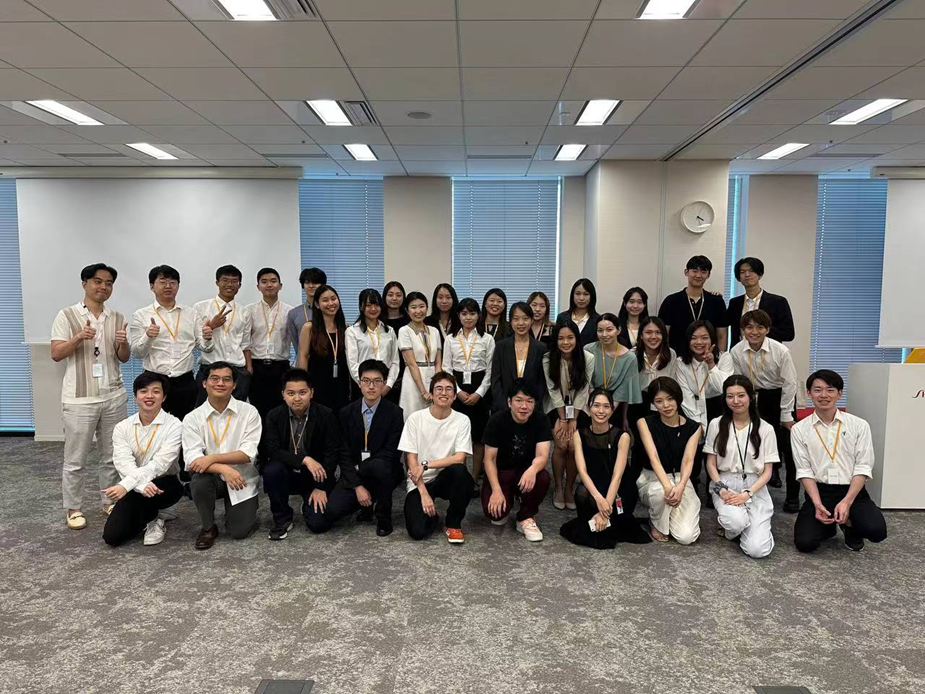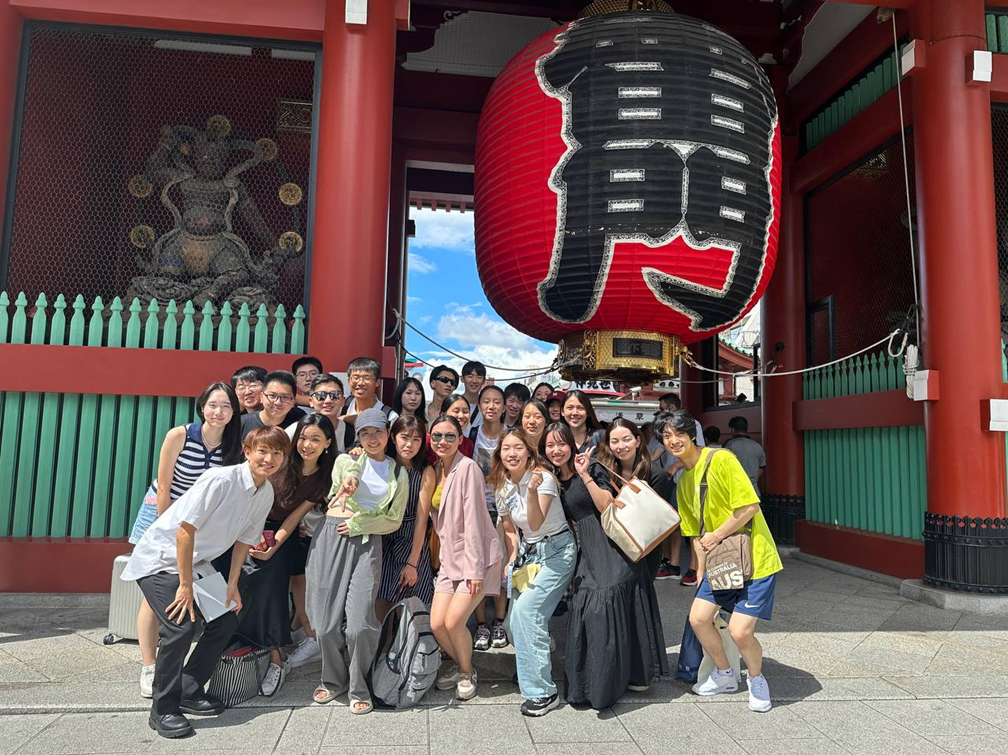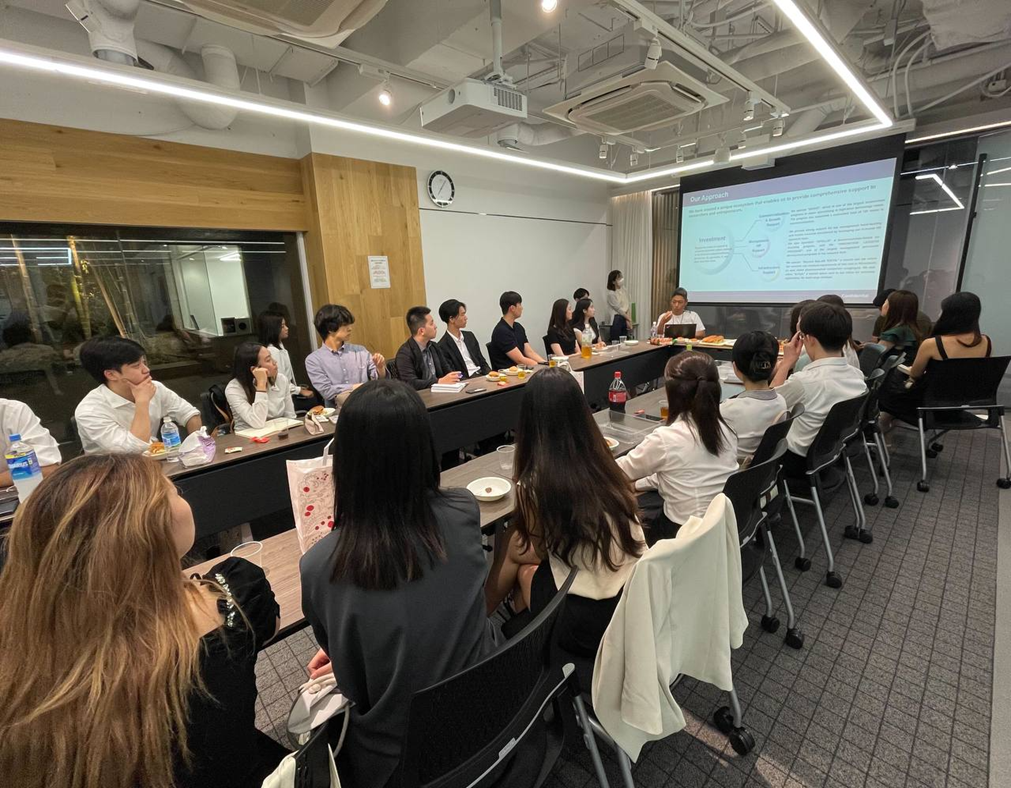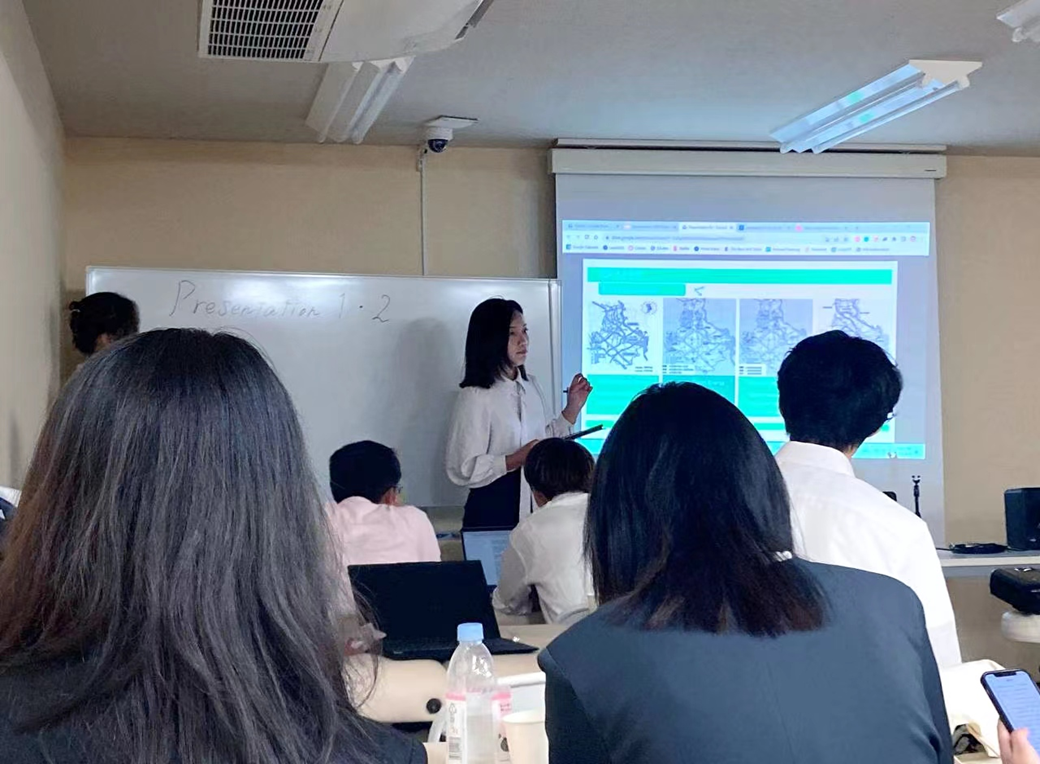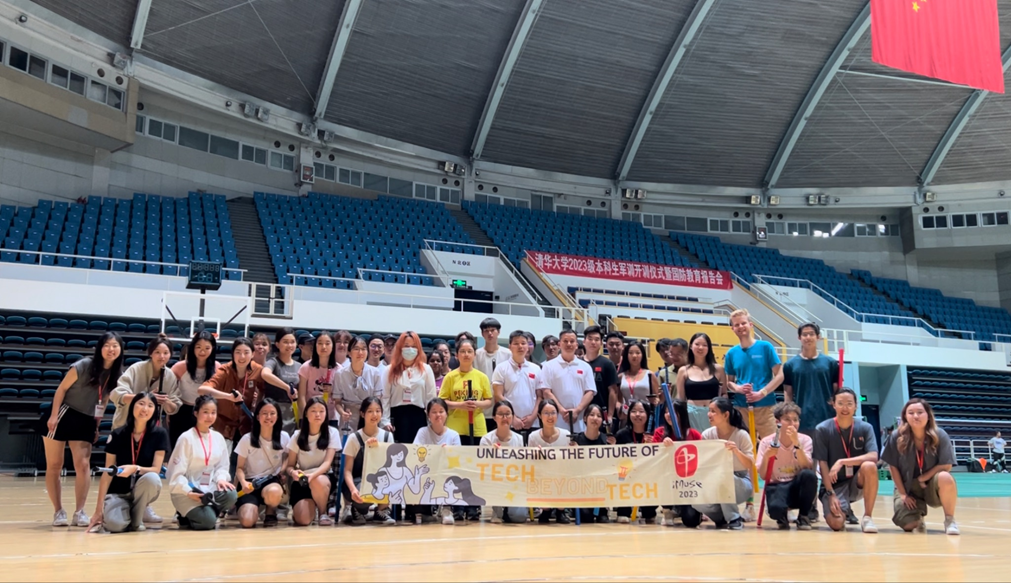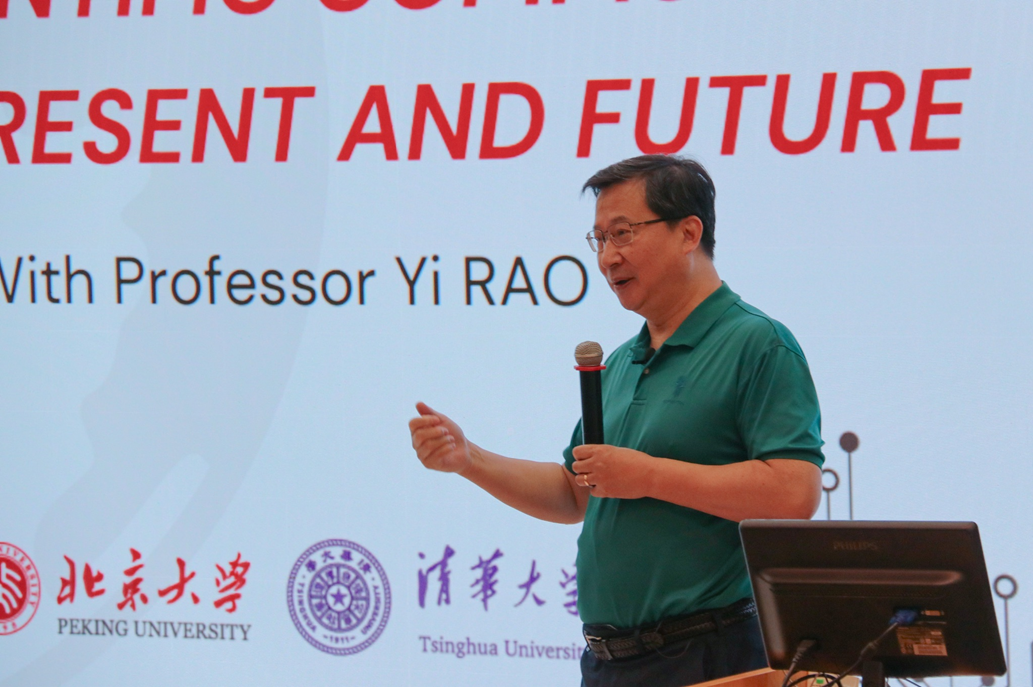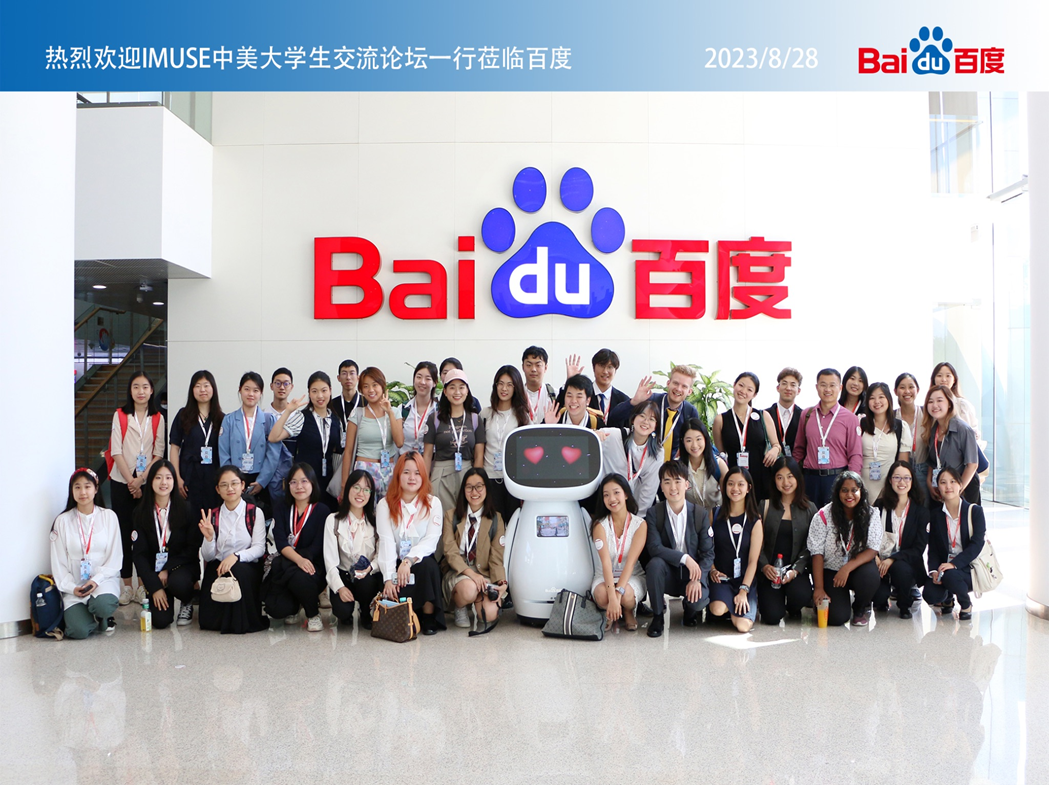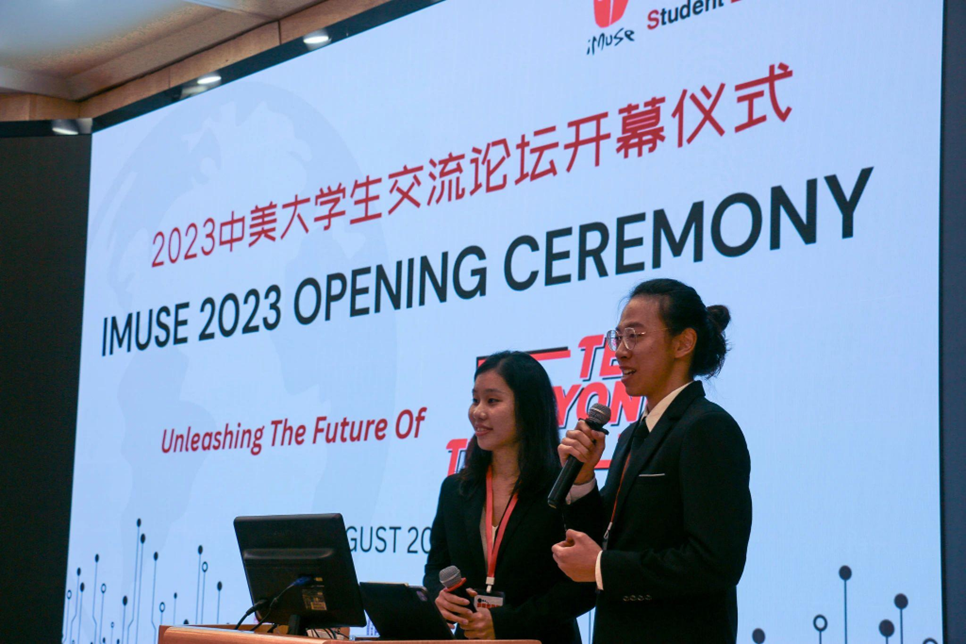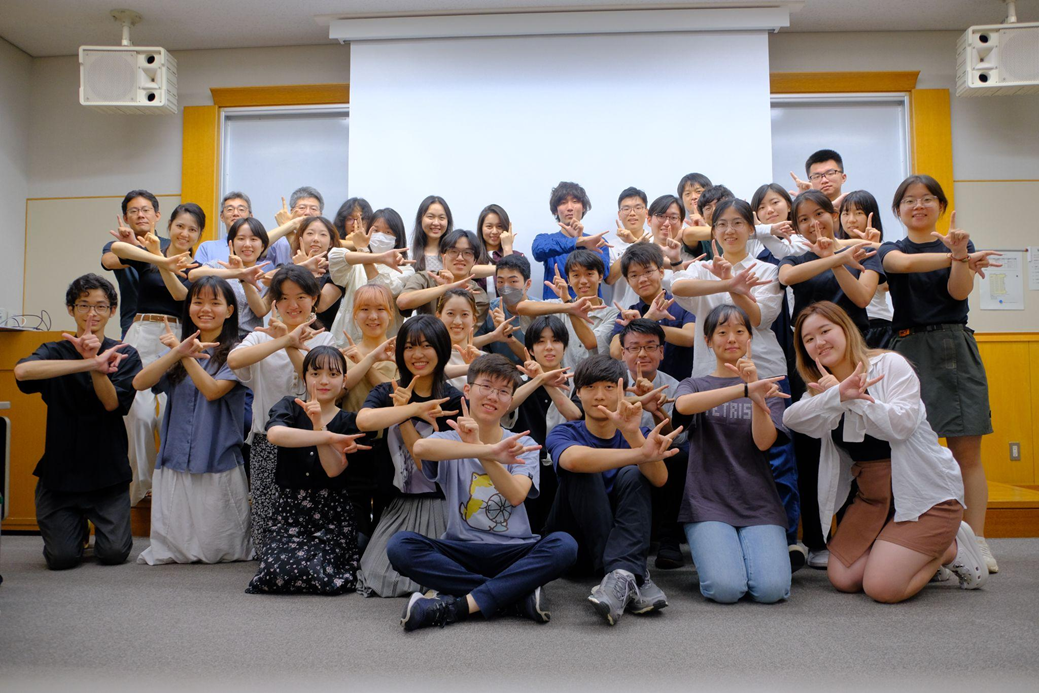From SICA to the world: PKU’s Student International Communication Association establishing global connections
Sep 28, 2023
Peking University, September 28, 2023: Founded in 1997, Peking University's "Students' International Communication Association (SICA)" is the first student-led association in China that specializes in international exchange among universities worldwide. Up to today, SICA has thrived for 26 years, successfully building a global Alumni network of more than 1,000 members. Prior to 2020, SICA simultaneously operated 12 programs with partners from the world's leading universities such as Harvard, Cambridge, Paris Hi-Tech, University of St. Gallen, University of Qatar, and University of Tokyo, spanning across North America, Western Europe, the Middle East, and East Asia.
Since its founding, SICA has been recognized eight times as one of the top ten associations at PKU and was previously rewarded for being one of PKU’s five "brand associations." During 2022-2023, SICA re-initiated three projects; AEBS, IMUSE, and Jing Forum, each hosted with great success.
AEBS
The Asia Elite Business Scholars (AEBS) is a 5-day Global Exchange program, established by SICA in 2013, with an aim to connect students from top Asian universities, providing PKU students with the opportunity to join in social and cultural interactions.
The 19th AEBS Global Exchange was held in Tokyo, Japan, in which AEBS members engaged in an intense debate on two topics: "Sustainability of nuclear energy in East Asia" and "Whether decarbonization goals of large and small firms in East Asia should be aligned." The debaters from diverse backgrounds shared their opinions freely. Among them, Zhang Xinyin and Kuo Pei-yu from Peking University won high praise from the audience for their insights on the topic and their rigorous logic.
After conducting a corporate visit to VC Beyond Next Ventures and Shiseido's headquarters in Japan, AEBS members held a presentation on the theme of green city hardware and software. The delegates reflected on the necessary conditions to establish a green city, including improved drainage systems, urban planning, and green technology innovations in their respective countries. Among them, Huang Yuanchu from Peking University analyzed the Beijing Municipal Government's policies on pollution control since 1998, from a software approach, while Zhang Jiayi and Xia Bin introduced China's sponge city plan and the plan for Beijing's sub-centers, from a hardware perspective.
On the last day of their stay in Japan, the organizers from the University of Tokyo (UT Branch) announced the results of the Academic Olympics, and Peking University was awarded the Best Branch.
“During the five-day program, we not only greatly expanded our horizons, but also gained valuable friendships. We are proud to be able to introduce students from top Asian universities to the green construction of Beijing, China, and to have an in-depth and meaningful exchange of ideas,” Xia Bin, the branch leader of PKU said.
IMUSE
The Initiating Mutual Understanding through Student Exchange (IMUSE) is a Sino-U.S. Student Exchange program co-founded by Peking University, Tsinghua University, and Harvard University and supported by MIT and Wellesley College. IMUSE aims to foster meaningful interactions for young talents between China and the United States, strengthening bilateral ties amid complexity.
On August 27, 2023, IMUSE held its four-day and three-night event on the campuses of Peking University and Tsinghua University, inviting renowned guests such as Prof. Rao Yi of Peking University and Prof. Pan Qingzhong of Tsinghua University, as well as alumni from previous IMUSE events. Participants also had the opportunity to experience the Chinese martial art of Bing Dao under the guidance of Wen Shangtian, a national head coach.
The conference featured a variety of activities including improvisation games designed to enhance interpersonal skills, corporate visits to leading tech companies such as Baidu and Nolibox, as well as a citywide adventure game dubbed "Beijing Amazing Race." Participants not only built meaningful friendships but also acquired a nuanced understanding of the cutting-edge applications of artificial intelligence in contemporary markets.
Prof. Rao Yi of Peking University delivers a speech at the IMUSE opening ceremony.
Ian Hsiao, the co-president of IMUSE from Peking University, expressed, "In an era where Sino-U.S. relations are fraught with complexities, the significance of fostering exchanges between the future leaders or the students of today cannot be overstated."
Jing Forum
Founded in 2005, the Jing Forum is the first student-led exchange program between Peking University and the University of Tokyo, aimed at strengthening communication, eliminating misunderstandings, rebuilding trust, and promoting the Sino-Japanese relations between young leaders of China and Japan. The Forum consists of two sessions, one in Beijing and the other in Tokyo, each lasting approximately one week, with activities including panel discussions and interactions between participants and prominent Chinese and Japanese academics, businessmen, and politicians.
Between August 10 and August 17, 2023, the summer session of the Jing Forum was held as scheduled in Tokyo, with the three major themes being “technoethics in an information society,” “identity conflict and understanding,” as well as “demographic change.”
Students believe that it is difficult to define who has the right to speak about technoethics, as it is a highly specialized and technological discipline. However, as technology continues to assert heavy dominance in our lives, scientists are forced into the position of activists, which might otherwise run the risk of being reshaped by technology in the immediate future.
"Our corporeal perception of time and the boundaries of privacy have been reshaped in the media age. With the capitalist mode of production still dominant, the criterion that technology is directly proportional to the amount of leisure time is no longer convincing to some: 'the faster you go, the less time you have' seems to echo the hypothesis of past scholars," a participant at the forum said.
The diversity and multiplicity of identities were also a topic of focus during this session. The participants agreed that although one often associates identity with race and national identity, concepts such as gender, cultural environment, and occupation are also key components that contribute to shaping our identity. On another hand, identity is greatly affected by the reaction of others' evaluations and perceptions of the "self", proving one's identity to be inconstant at different ages and environments.
SICA's programs are operated under strict regulations, with a highly qualified delegation team and guests of honors arriving from around the globe, each holding reputable positions in their respective fields, making each program a feast of intellectual and cultural exchange.
In an interview, Kelly Ong, the current head of SICA, said: “In today’s highly globalized world, it’s of great significance to broaden our horizons and deepen our global understandings. It is therefore SICA's unremitting goal to provide PKU students with opportunities to reach out to the world, using SICA as a launching pad to build a globalized vision, a spirit of cooperation, and develop valuable leadership skills.” “Beyond that, SICA is also a place where you can explore all kinds of possibilities, and where self-realization and exploration begin,” Ong added.
Written by: Niki Qiu
Edited by: Dennis Meng
